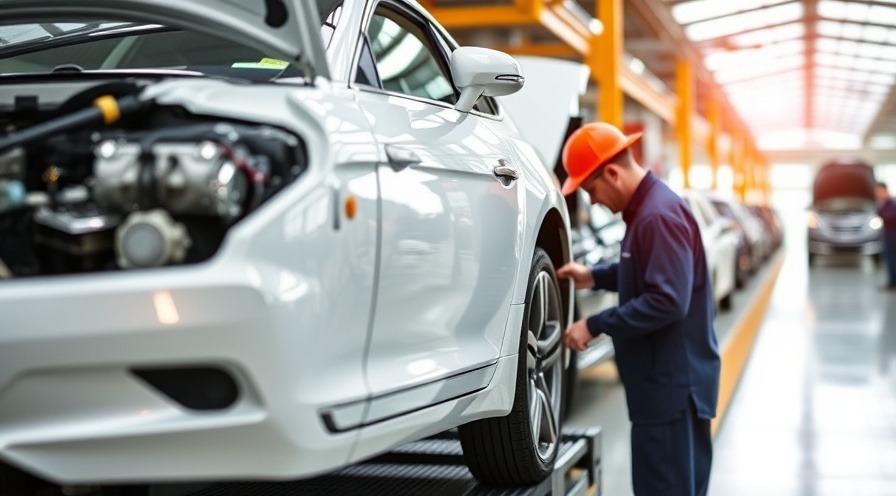
The idea of bringing manufacturing back to the USA, often referred to as reshoring or onshoring, has become a key topic in economic and political discussions in recent years. There are several compelling reasons why this shift could be important for the U.S., ranging from economic security to environmental concerns. Here are some of the main points:
1. Economic Security and Jobs
Job Creation: Reshoring manufacturing creates jobs in a variety of sectors, including skilled labor, engineering, management, and logistics. This can help reduce unemployment and offer opportunities for workers who may have been displaced by outsourcing.
Economic Growth: Manufacturing is a key driver of economic growth. By bringing it back to the U.S., the country can boost GDP and strengthen the middle class, which is often seen as a crucial component of a strong economy.
Reduction of Trade Deficits: Many manufacturing goods are imported into the U.S., contributing to trade deficits. By making products domestically, the U.S. could reduce its reliance on foreign imports, helping to balance trade and create a more stable economy.
2. National Security
Supply Chain Resilience: Global events like the COVID-19 pandemic and geopolitical tensions (e.g., with China) have highlighted vulnerabilities in global supply chains. Reshoring manufacturing ensures that critical goods, such as medical supplies, electronics, and defense equipment, are produced domestically, making the U.S. less reliant on foreign suppliers.
Strategic Industries: Certain industries, like defense and technology, are vital to national security. Ensuring that key components are manufactured in the U.S. prevents adversaries from controlling important production processes and technology.
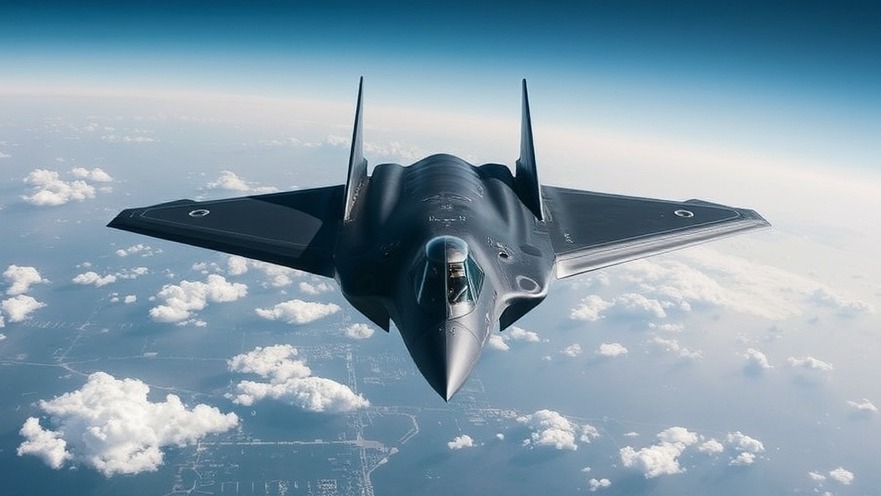
3. Quality Control and Innovation
Better Quality and Standards: Manufacturing domestically allows for greater oversight and adherence to quality standards, reducing the chances of faulty or substandard products entering the market.
Innovation: The proximity of research and development (R&D) and manufacturing facilities encourages innovation. When manufacturing and R&D are located close to each other, it fosters collaboration, which can accelerate the development of new technologies and products.
4. Environmental Sustainability
Lower Carbon Footprint: Producing goods locally can significantly reduce the carbon emissions associated with long-distance shipping. This is especially important for reducing the environmental impact of global supply chains, which often rely on fossil fuels for transportation.
Regulatory Compliance: The U.S. has stricter environmental regulations compared to some countries. By manufacturing domestically, companies are more likely to adhere to these standards, which can lead to cleaner, more sustainable production processes.
5. Consumer Preference for “Made in USA” Products
Brand Loyalty: Many American consumers prefer products made in the U.S., associating them with higher quality, ethical labor practices, and national pride. As a result, companies that reshore manufacturing may gain a competitive advantage in certain markets.
Resilience in Consumer Behavior: Global events have also shown that consumers increasingly value local production, particularly when it comes to sourcing products that are in high demand during crises (e.g., medical supplies during the pandemic).
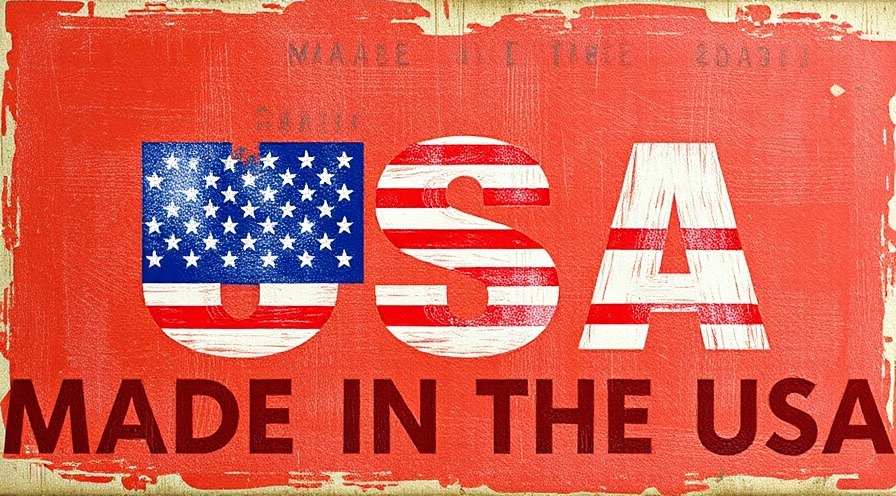
6. Geopolitical Tensions and Trade Wars
Reduced Vulnerability to Tariffs: With ongoing trade wars and tariff disputes (particularly with countries like China), reshoring manufacturing can help U.S. companies avoid tariffs and penalties on imported goods, ultimately making products more affordable for consumers.
Diversification of Supply Chains: By bringing manufacturing back to the U.S., companies can reduce over-dependence on a single region (like Asia) and diversify their supply chains. This provides more stability in the face of trade uncertainties.
7. Technological Advancements in Manufacturing
Automation and Robotics: Technological advancements in automation and robotics have reduced the labor costs associated with manufacturing. U.S. companies can now invest in advanced manufacturing techniques like 3D printing, which makes reshoring more economically viable than it once was.
Smart Manufacturing: New approaches, such as Industry 4.0, allow for more efficient and flexible manufacturing processes. This can further reduce the cost of domestic production while increasing output and product customization.
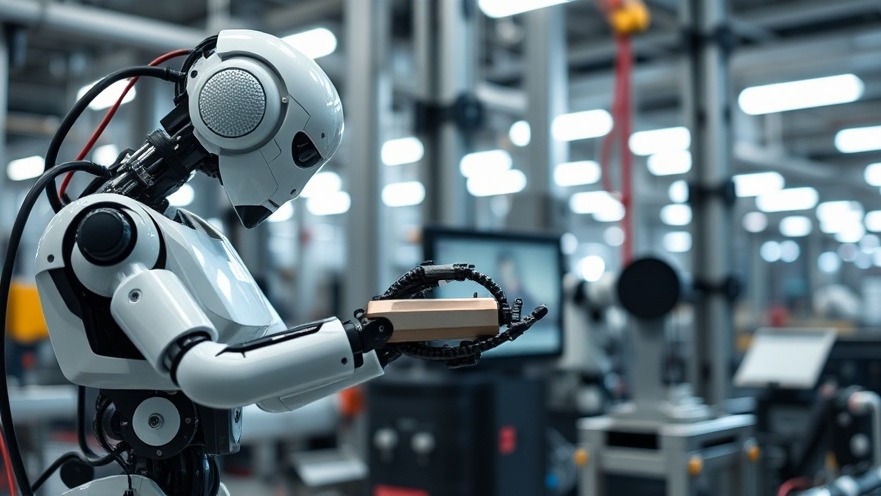
Challenges
While there are many benefits, there are also challenges to reshoring. These include higher labor costs in the U.S., initial investment in new infrastructure, and competition with countries that have lower production costs. However, the overall trend is moving towards a more balanced approach to global sourcing, with some manufacturing returning home as part of a larger strategy for economic and national security.
Would you like to dive deeper into any of these points, or discuss specific industries where reshoring might be especially impactful?
 Add Row
Add Row  Add
Add 

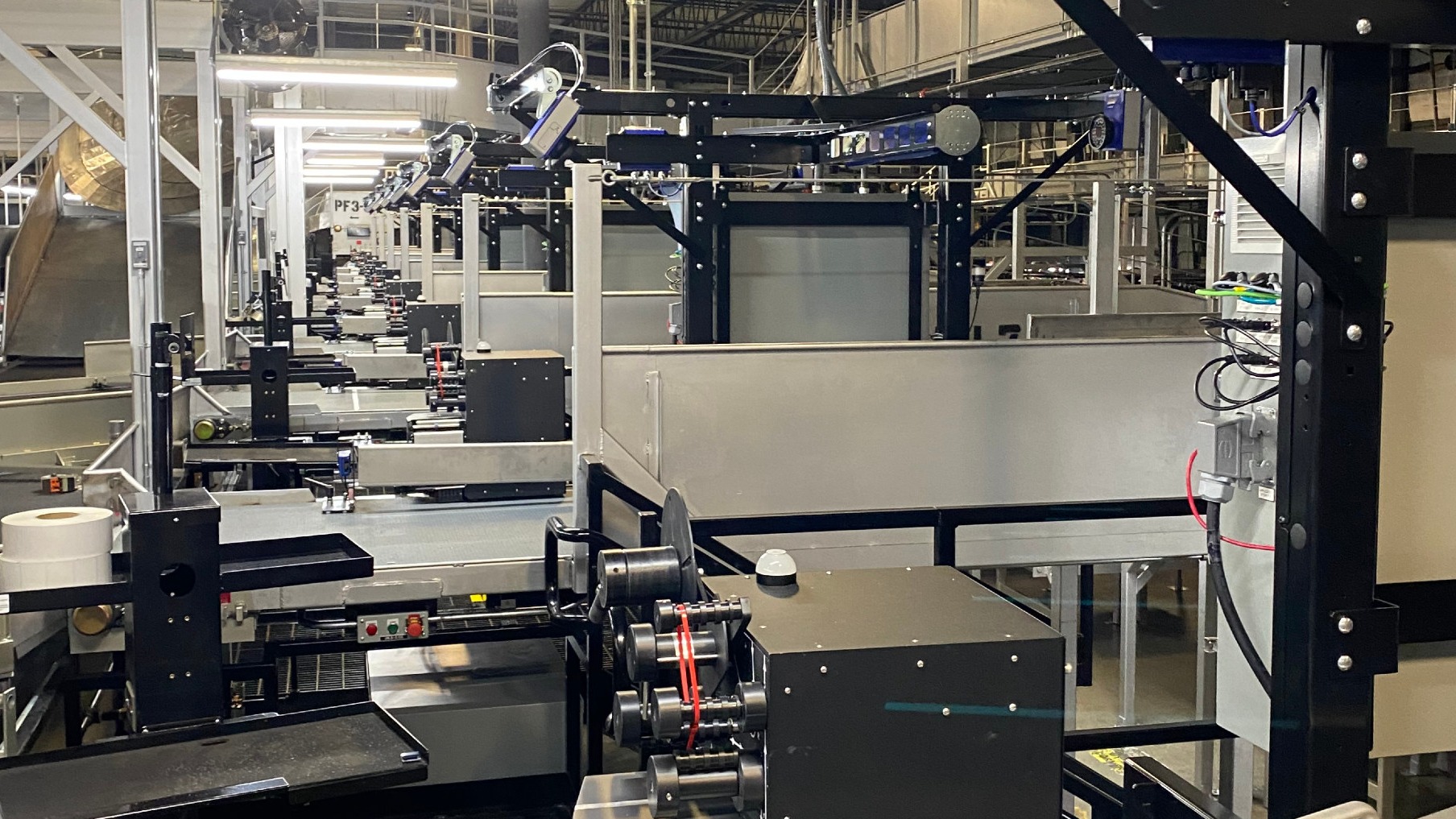
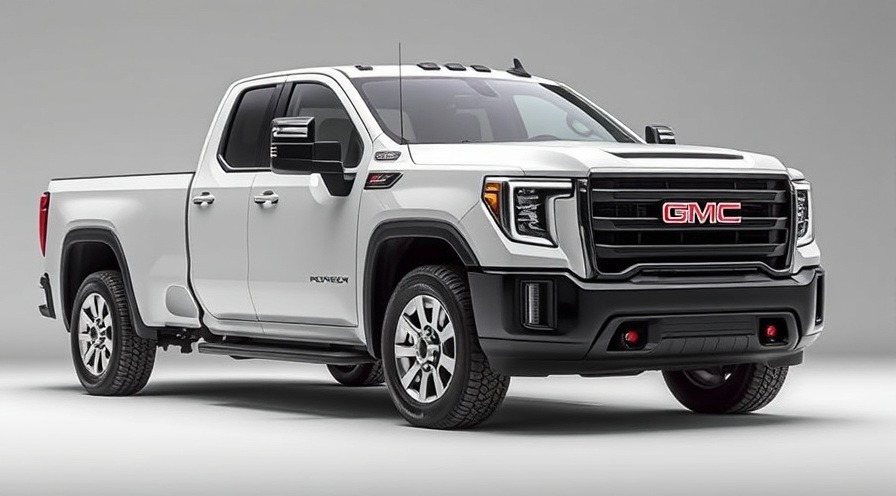

Write A Comment